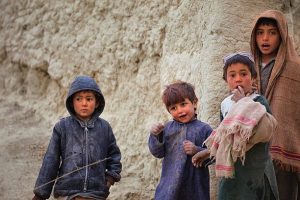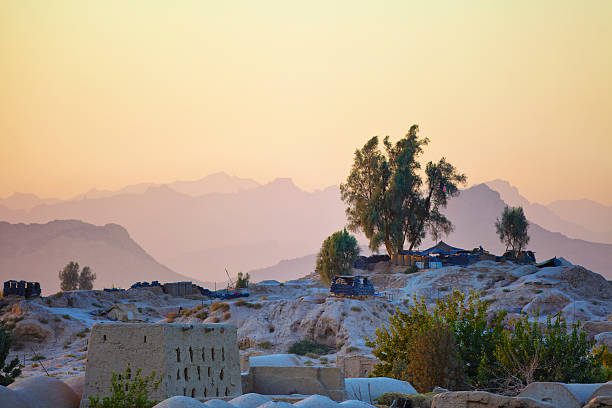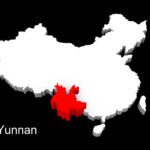The Center for the Scientific Study of Families reports are designed to provide relevant information about the conditional state of families in a specified context. The report provides information such as population, culture, family structure, and family life.
Family reports are an important tool for improving the lives of families. By providing information about the family’s conditional state and context, family reports can help improve communication between families and service providers and lead to better outcomes for families and children.
Overview
Kandahar is the second-largest city in Afghanistan, after the capital Kabul. The city holds significant cultural, economic, and political importance in the country. Located in the south of the country on the Arghandab River, it has an elevation of 1,000 meters (3,300 feet). The city has been the site of much conflict in recent years, including the war in Afghanistan. Historically, Kandahar was the birthplace and stronghold of the Taliban movement. The population of Kandahar is estimated to be around 1.4 million, although it is important to keep in mind the violence and displacement of civilians when considering the population. The official language of Kandahar is Pashto, with some Persian-speaking populations.
Ethnic and Cultural Diversity
Kandahar is home to a diverse population representing various ethnic groups. The major ethnic communities in the province include Pashtuns, Baluchs, Hazaras, Tajiks, and Farsiwans. Pashtuns are the dominant ethnic group in Kandahar and are widely distributed throughout the province. A 2017 report from the Naval Postgraduate School lists the following tribal groups in Kandahar: Zirak Durrani (Barakzai, Popalzai, Alikozai, Achekzai, Mohamadzai), Panjpai Durrani (Noorzai, Ishaqzai, Alizai), Ghilzai (Tokhi, Hotak, Tarakai, Andar, Sulumain Khel, Kharoti). The same source reports that of the approximately 1 million people in the province (at that time).
Family Life and Structure in Kandahar

Kandahar, Afghanistan – January 10, 2011: A group of Afghan children in their village.
According to a report by the Max Planck Institute, family life in Kandahar, Afghanistan, is deeply rooted in traditional norms and gender roles, reflecting a patriarchal society where women often find limited opportunities for independence. According to the head of the Department of Women’s Affairs in Kandahar, a prevailing belief among women is that marriage is the primary avenue for financial security and a less stressful life, especially considering the limited employment opportunities for women, predominantly in government offices. A societal expectation that even educated women, if employed, should prioritize their roles as good housewives and caregivers of children supports this sentiment.
In both urban and rural areas, women’s roles as homemakers and caretakers are pronounced, with rural areas imposing more stringent limitations on women’s agency. The majority of Afghan men and a significant percentage of women are reported to be unaware of women’s rights under Islamic law, and some who are aware do not observe them. Men view giving women more freedoms or ensuring their marital rights in accordance with Islamic principles as a threat to their authority within the family unit, which can be perceived as a source of serious issues for women such as deprivation of fundamental rights, limited education, and social restrictions like house detention and abuse.
Marriage customs emphasize traditional values even more, with the common belief that parents should choose spouses for their children because they are unable to make the best decisions for themselves. While this perspective is more ingrained among the young, illiterate rural residents, urban areas afford educated Afghans greater freedom to influence or contest parental decisions regarding marriage. However, the enforcement of statutory laws, particularly in civil and family matters, faces challenges. The civil code of 1977, rooted in Hanafi madhhab but incorporating elements from other schools of law, often takes a back seat to uncodified classical Hanafi law in practice, leading to inconsistencies and discrepancies, especially regarding women’s rights and divorce.
Conclusion
The family structure of Kandahar, Afghanistan is diverse and complex. There are a number of factors that influence the family structure of these groups, including culture, religion, economic status, and the political situation. Despite the challenges, families in Kandahar are resilient and determined. They are rebuilding their lives and their city, and they are determined to create a better future for themselves and their children.





